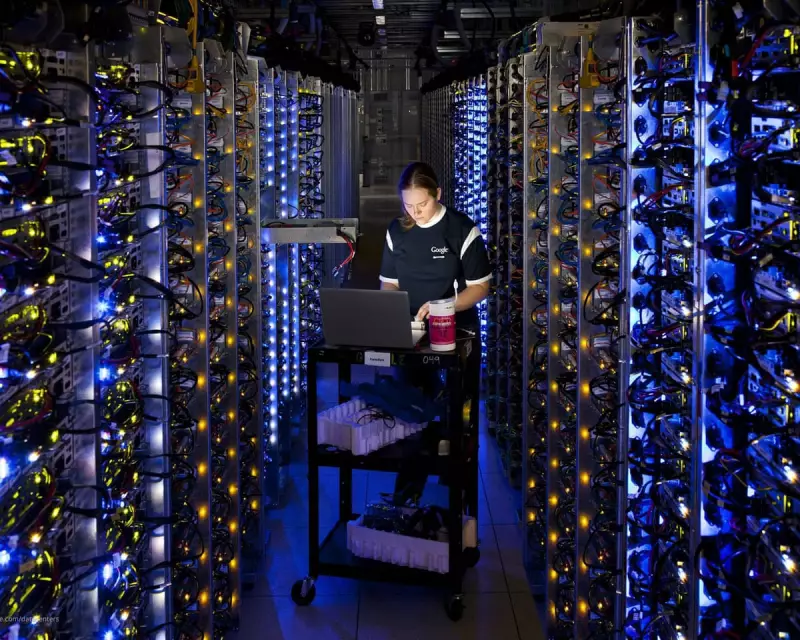
In a move that sounds like science fiction becoming reality, Google is developing ambitious plans to launch datacentres into space. The tech giant's radical strategy aims to address the enormous energy demands of artificial intelligence while pioneering sustainable computing solutions beyond Earth's atmosphere.
The Cosmic Computing Solution
According to internal documents and industry sources, Google has been quietly working on Project Ariadne – a secret initiative exploring orbital datacentre deployment. The project represents one of the most ambitious infrastructure plans in the company's history, potentially revolutionising how we power the digital world.
The driving force behind this extraterrestrial venture is simple yet urgent: AI's insatiable appetite for computing power. As generative AI and machine learning systems grow increasingly sophisticated, their energy consumption has skyrocketed, pushing conventional datacentre capabilities to their limits.
Why Space Makes Sense for Sustainable Computing
- Unlimited solar power: Orbital datacentres can harness continuous, unfiltered solar energy without atmospheric interference
- Natural cooling: The vacuum of space provides perfect conditions for heat dissipation without energy-intensive cooling systems
- Reduced latency: Strategic orbital positioning could potentially improve data transmission speeds for global services
- Environmental benefits: Moving compute-intensive operations off-planet could significantly reduce the carbon footprint of AI development
Overcoming Astronomical Challenges
While the concept promises revolutionary benefits, Google faces formidable technical and logistical hurdles. Building and maintaining infrastructure in space requires solving complex problems around radiation protection, hardware reliability, and remote maintenance.
Industry analysts suggest that initial deployments would likely involve smaller, specialised computing modules rather than full-scale datacentres. These would focus on specific AI training tasks that benefit most from the unique space environment.
The Commercial Space Race Heats Up
Google's cosmic ambitions place them at the forefront of a new frontier in commercial space utilisation. With companies like Amazon and Microsoft also investing heavily in space-based technologies, the competition for orbital infrastructure is rapidly intensifying.
The potential economic implications are staggering. Successful implementation could give Google a significant competitive advantage in the AI arms race while establishing new standards for sustainable technology infrastructure.
What This Means for AI's Future
- Accelerated AI development: Space-based computing could remove current energy constraints, enabling more powerful AI models
- Global connectivity improvements: Orbital datacentres could enhance cloud services and internet accessibility worldwide
- New environmental standards: Setting precedents for green computing that could influence entire industries
- Space economy growth: Creating new markets and opportunities in space manufacturing and services
While Google has not announced a specific timeline for implementation, insider reports indicate that prototype development is already underway. The company's willingness to explore such frontier technology demonstrates how seriously they're taking both the AI revolution and its environmental responsibilities.
As one industry observer noted, "When Earth-bound solutions aren't enough, the final frontier becomes the next logical step. Google isn't just thinking about the next decade of computing – they're planning for the next century."





